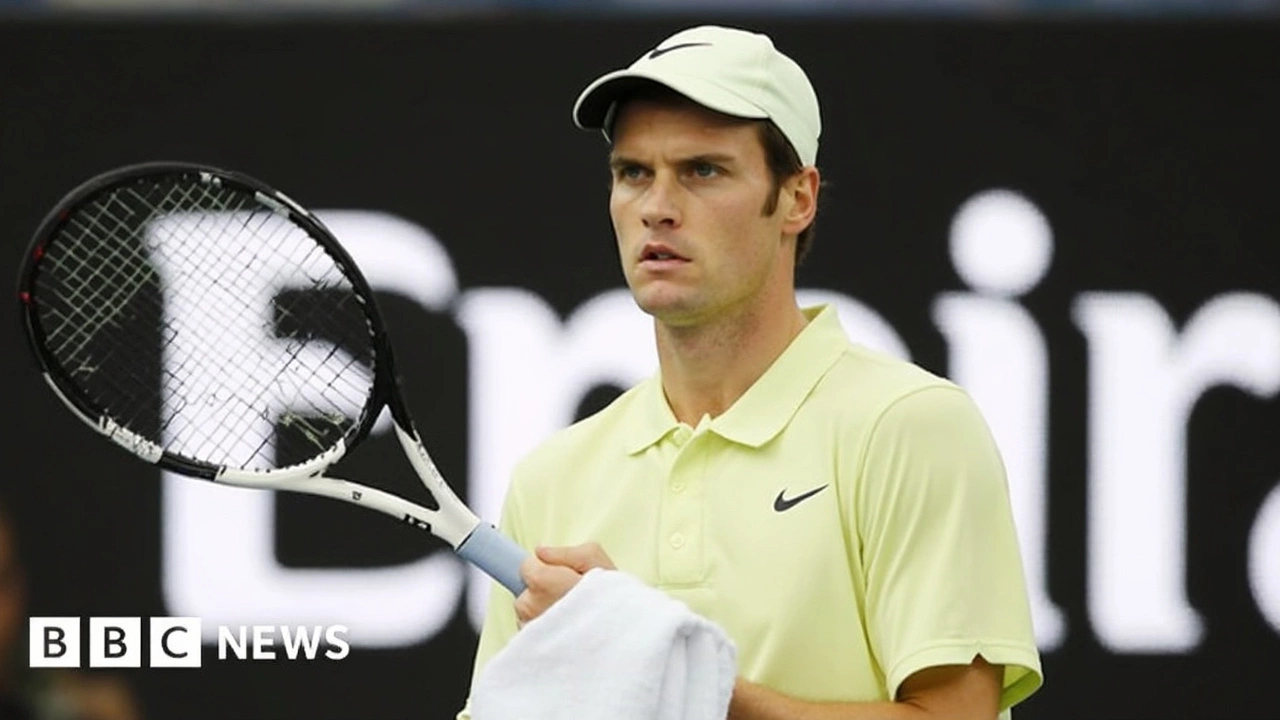Jannik Sinner’s Surprising Doping Ban: How Did It Happen?
When people think of doping bans, accidental massage-room mishaps usually aren’t the first thing to come to mind. Yet that’s exactly what’s caused an uproar in tennis. Jannik Sinner, fresh off his Wimbledon glory, has found himself at the heart of a swirling controversy. It all goes back to a small moment in March 2024: Sinner’s physiotherapist Giacomo Naldi, dealing with his own minor injury, applied a spray that contained a banned substance—clostebol, often found in certain creams and wound sprays. Later, during a routine massage, that same spray found its way from Naldi’s hands to Sinner's skin.
At first, the International Tennis Integrity Agency (ITIA) didn’t blame Sinner for the mix-up, seeing it as a case of bad luck rather than neglect. But then, the World Anti-Doping Agency (WADA) stepped in, pushing for stricter accountability across all players and their teams. Sinner, despite his clear commitment to fair play, accepted the three-month suspension. The ban was backdated, running from February 9 to May 4, 2025, meaning he’ll miss part of next season—but not his Wimbledon run.
Tennis World Reacts: Questions, Criticism, and a Split Down the Middle
Not everyone is buying the accidental angle or the behind-the-scenes handling. The fallout hit fast, with outspoken Australian Nick Kyrgios leading the pushback. He suggested Sinner’s Wimbledon win now comes with a “sour taste,” openly questioning the legitimacy of the title. Kyrgios isn’t the only one calling for more transparency. Several top players and commentators are asking why the case was kept under wraps for so long and why Sinner was allowed to keep competing while the ban was being decided in private.
The problem goes deeper than one title or one player. There’s a sense that tennis is struggling to balance zero-tolerance anti-doping rules against the real possibility of innocent mistakes. WADA’s insistence on player responsibility, even for the actions of people around them, shows just how strict the current rules have become. Meanwhile, Sinner, now with two Grand Slam trophies, remains adamant that he never intended to dope and is committed to the honesty of the game. He’s taken responsibility as the rules demand, even calling his ban “a tough but necessary lesson.”
This saga speaks volumes about the complicated territory modern athletes navigate. Is it fair to punish contamination accidents the same way as deliberate doping? At what point should transparency kick in when careers are on the line? Tennis, after Sinner’s high-profile case, is being forced to confront those questions with new urgency. One thing is clear: The conversation around anti-doping policies is just heating up, and Sinner’s ban is right in the eye of the storm.
